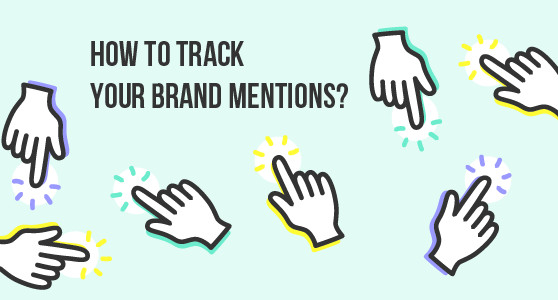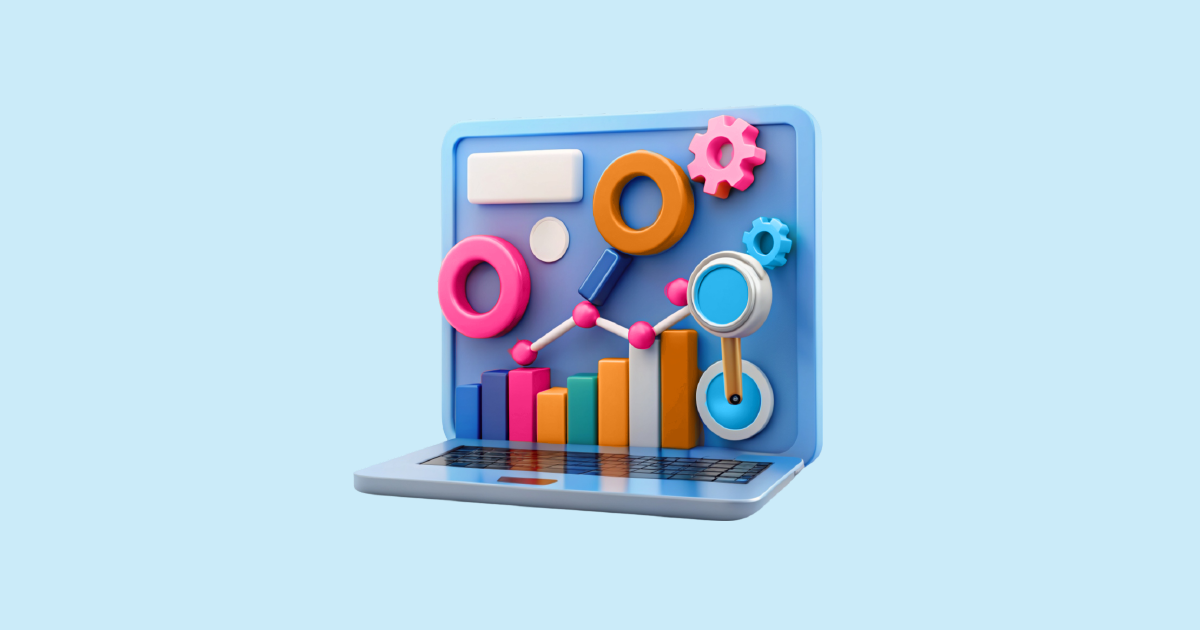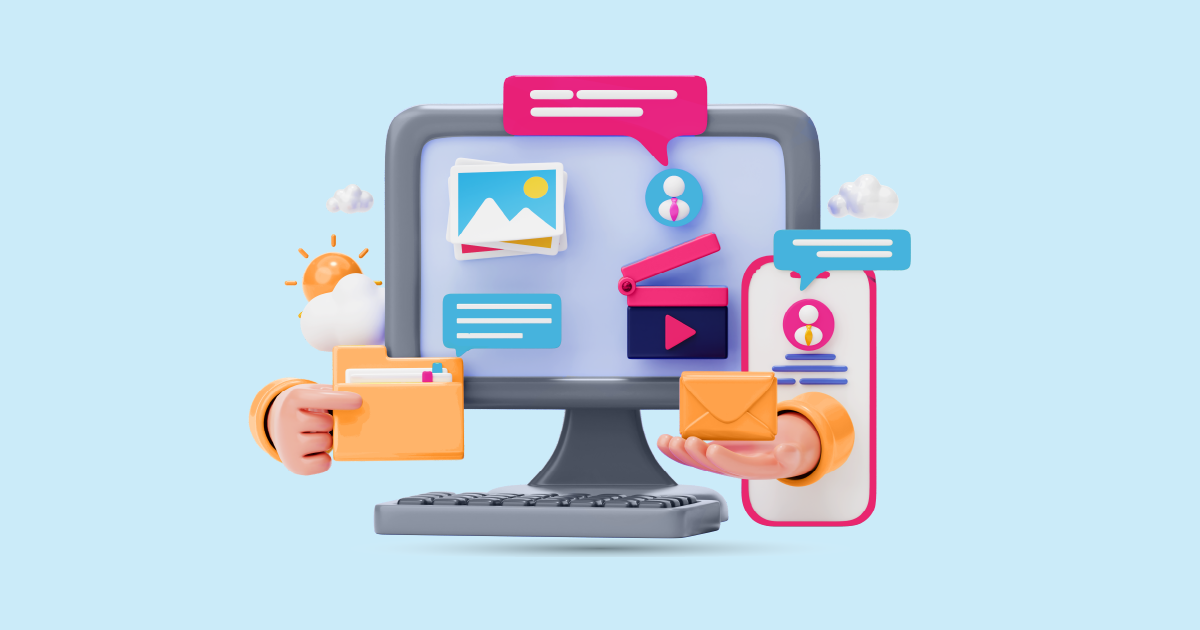In today’s fast-paced digital landscape, staying on top of what people are saying about your brand is more crucial than ever. Tracking brand mentions can provide valuable insights into customer sentiment, enhance your reputation, and give you a competitive edge. This article will guide you through the process of effectively track brand mentions, utilizing the best tools, and implementing best practices to keep your brand in the spotlight.
Understanding Track Brand Mentions

1. Definition of Brand Mention
Brand mentions occur whenever someone references your brand, products, or services online. These can happen in blog posts, social media updates, news articles, forums, and even comments on other websites.
2. Types of Brand Mentions
- Direct Mentions: When your brand name is explicitly mentioned.
- Indirect Mentions: When someone refers to your brand without using the exact name, such as using nicknames, misspellings, or related terms.
Why Tracking Brand Mentions Matters
1. Enhancing Brand Reputation
Your brand’s reputation is invaluable. By tracking mentions, you can quickly respond to both positive and negative feedback, showing that you care about your customers’ opinions and are proactive in addressing their concerns.
2. Understanding Customer Sentiment
Tracking mentions helps gauge how customers feel about your brand. Are they happy with your services? Do they have suggestions for improvement? Understanding these sentiments can guide your strategy and operations.
3. Identifying Influencers and Advocates
Finding those who regularly mention and support your brand can help in building a community of brand advocates. These influencers can amplify your message and reach a broader audience.
4. Competitor Analysis
Monitoring mentions isn’t just about your brand; it’s also about understanding your competitors. See what people are saying about them, identify their strengths and weaknesses, and adapt your strategies accordingly.
Tools for Tracking Brand Mentions
1. Google Alerts
Google Alerts is a free and simple tool to start with. It sends you email notifications whenever your specified keywords are mentioned online.
2. Social Media Monitoring Tools
Tools like AIM Insights and Sprout Social allow you to track mentions across various social media platforms, offering insights into your social media presence.
3. Comprehensive Media Monitoring Tools
AIM Insights and Brandwatch provide more in-depth analysis across the internet, including social media, blogs, and news sites.
4. Analytics and Reporting Tools
Analytics tools like Google Analytics and HubSpot help you understand the impact of mentions on your website traffic and overall marketing strategy.
Setting Up Google Alerts for Brand Mentions
1. Step-by-Step Guide to Setting Up Alerts
- Go to Google Alerts.
- Enter the keywords you want to monitor (e.g., your brand name).
- Customize the alert frequency, sources, and regions.
- Click “Create Alert” to start receiving notifications.
2. Customizing Alerts for Better Results
Adjust your keywords to include variations and related terms. Set up alerts for competitors and industry terms to stay informed about the broader market.
Using Social Media Monitoring Tools
1. Overview of Popular Tools
- AIM Insights: A versatile tool for managing and monitoring social media mentions.
- Sprout Social: Provides detailed analytics and engagement features.
2. Features to Look for in Social Media Monitoring Tools
Look for tools that offer real-time tracking, comprehensive analytics, and the ability to manage multiple accounts from one dashboard.
3. How to Use These Tools Effectively
Regularly review your dashboards, set up custom alerts, and engage with mentions promptly. Use the insights gained to adjust your social media strategies.
Comprehensive Media Monitoring Tools
1. Overview of Tools
- Mention: Monitors billions of sources across the web, including social media, forums, blogs, and news sites.
- AIM Insights: Provides deep insights with advanced analytics and reporting capabilities.
2. Key Features and Benefits
These tools offer real-time tracking, sentiment analysis, and detailed reports, helping you understand the broader conversation about your brand.
3. How to Integrate These Tools into Your Strategy
Incorporate these tools into your regular monitoring activities, use the data to inform your PR and marketing strategies, and keep an eye on emerging trends.
Analytics and Reporting Tools
1. Importance of Analytics in Tracking Brand Mentions
Analytics help you understand the impact of mentions on your brand’s performance. They provide data on reach, engagement, and sentiment, which are crucial for strategic decision-making.
2. Recommended Tools
- Google Analytics: Offers insights into website traffic and user behavior.
- HubSpot: Combines marketing, sales, and service tools with robust analytics.
3. How to Create Insightful Reports
Compile data from various tools, focus on key metrics like engagement and sentiment, and present your findings in an easy-to-understand format. Regularly review and update these reports to track progress over time.
Best Practices for Tracking Brand Mentions
1. Consistency in Monitoring
Make monitoring a regular part of your routine. Set aside time each day or week to review mentions and respond as necessary.
2. Setting KPIs and Benchmarks
Define key performance indicators (KPIs) and benchmarks to measure the success of your tracking efforts. This could include metrics like the number of mentions, sentiment scores, and engagement levels.
3. Engaging with Your Audience
Respond to mentions, thank users for positive feedback, and address any concerns or complaints promptly. Engagement builds loyalty and enhances your brand reputation.
4. Leveraging Mentions for Marketing and PR
Use positive mentions in your marketing materials, share testimonials, and highlight user-generated content. This can boost credibility and attract more customers.
Engaging with Brand Mentions
1. Responding to Positive Mentions
Thank users for their support, share their content, and encourage them to keep engaging with your brand. This builds a positive relationship with your audience.
2. Handling Negative Mentions
Address complaints professionally and promptly. Offer solutions and show that you value customer feedback. Turning a negative experience into a positive one can enhance your brand’s reputation.
3. Encouraging User-Generated Content
Promote campaigns that encourage customers to share their experiences. User-generated content is authentic and can significantly boost your brand’s visibility.
Leveraging Influencers and Advocates
1. Identifying Potential Influencers
Look for users who frequently mention your brand positively and have a large following. Tools like BuzzSumo can help identify these influencers.
2. Building Relationships with Influencers
Engage with influencers by sharing their content, offering exclusive deals, and collaborating on projects. Building a genuine relationship can lead to long-term advocacy.
3. Measuring the Impact of Influencer Mentions
Track the reach and engagement of influencer mentions. Analyze how these mentions affect your brand’s visibility and customer sentiment.
Competitor Analysis through Brand Mentions
1. Monitoring Competitor Mentions
Keep an eye on what people are saying about your competitors. This can provide insights into their strengths and weaknesses.
2. Gaining Insights from Competitor Activity
Analyze competitor mentions to identify gaps in the market, understand industry trends, and adapt your strategies accordingly.
3. Adapting Strategies Based on Competitor Analysis
Use the insights gained to improve your own products, services, and marketing efforts. Stay ahead by learning from your competitors’ successes and mistakes.
Case Studies of Successful Brand Monitoring
1. Examples of Brands That Effectively Track Mentions
- Nike: Uses social listening tools to stay on top of customer feedback and industry trends.
- Coca-Cola: Leverages mentions for marketing campaigns and to engage with their audience.
2. Lessons Learned from These Case Studies
Consistency, responsiveness, and leveraging data for strategic decisions are key takeaways. These brands show the importance of being proactive and engaged with your audience.
Common Mistakes to Avoid
1. Ignoring Indirect Mentions
Indirect mentions can provide valuable insights. Don’t focus solely on direct mentions; track related terms and variations of your brand name.
2. Failing to Act on Negative Mentions
Ignoring negative feedback can harm your reputation. Address complaints promptly and professionally to turn negative experiences into positive ones.
3. Overlooking the Importance of Metrics
Metrics are crucial for understanding the impact of mentions. Regularly review and analyze data to inform your strategies.
Conclusion
Tracking brand mentions is an essential part of managing your online reputation and staying ahead of the competition. By utilizing the right tools, engaging with your audience, and leveraging the insights gained, you can enhance your brand’s visibility and reputation. Remember, consistency and responsiveness are key to effective brand monitoring.
Ready to take your brand monitoring to the next level? Request a demo from AIM Technologies today and see how our innovative solutions can help you track and analyze brand mentions with ease.
FAQs
What are brand mentions?
- Brand mentions are instances where your brand, products, or services are referenced online, either directly or indirectly.
How can I track brand mentions for free?
- Tools like Google Alerts allow you to track brand mentions for free by sending notifications whenever your specified keywords are mentioned online.
What should I do with negative brand mentions?
- Respond promptly and professionally, offer solutions, and show that you value customer feedback. Turning a negative experience into a positive one can enhance your brand’s reputation.
How often should I check for brand mentions?
- Regularly monitor mentions, ideally daily or weekly, to stay on top of customer feedback and trends.
Can tracking brand mentions help in SEO?
- Yes, tracking brand mentions can help in SEO by identifying backlinks, improving your online presence, and understanding the impact of mentions on your website traffic.




